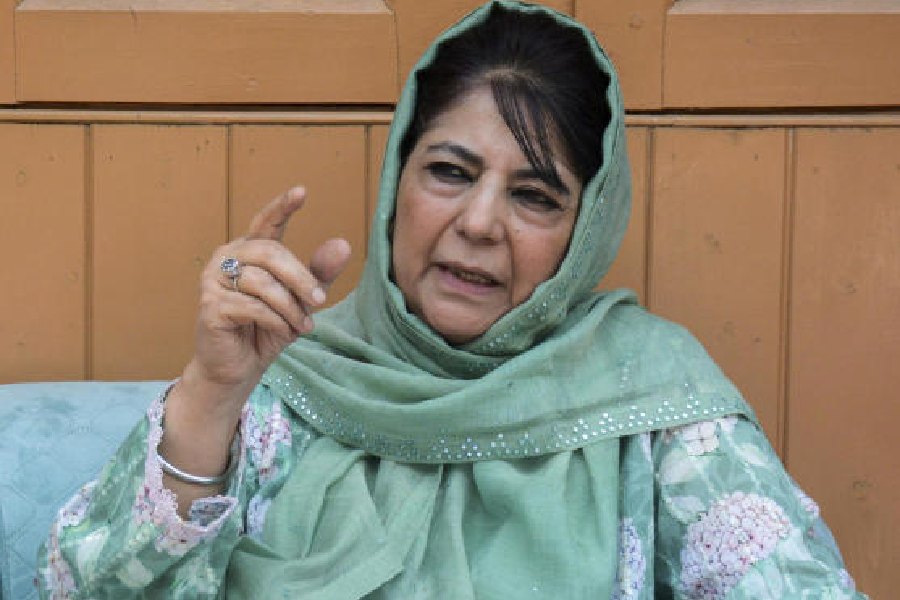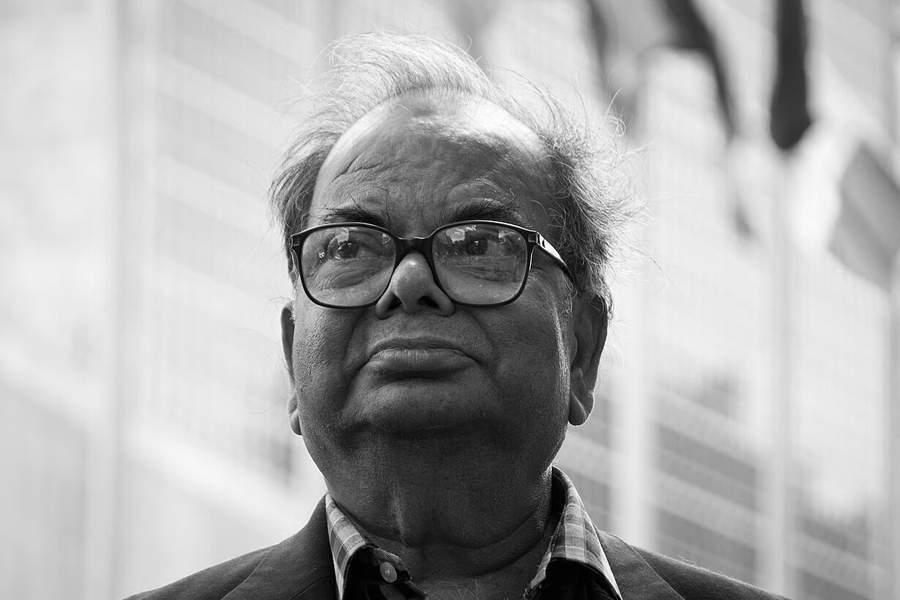Dumka, Jan. 5: The government’s decision to include Santhali in the Eighth Schedule of the Constitution has prompted both celebrations and criticism.
Most of the people in the state are understandably elated at the development. But some appear to be sceptical. It should not come as a surprise though because the conflict is not a new one.
Right from the inception of the Jharkhand state, which incidentally is home to the majority of the Santhal population in the country, efforts have been made by different quarters to drive a wedge between different ethnic groups, although the conflict has little relevance for the people of different linguistic groups in the state.
The celebration, to my mind, is totally justified. Having read many books in Santhali, I can state with some conviction that the language has astonishing power, poetic beauty and a linguistic richness — all of which should have got the language the richly deserved recognition much earlier.
The event is also worth celebrating because this is certain to inspire other linguistic groups (speakers of Mundari, Ho and Kurukh) to stake their own claim. It will also prompt them to make even greater effort to improve and increase their own literary output.
Hopefully, the number of publications in these languages too will go up and have a positive fallout on society.
Moreover, this movement could bring at least three linguistic groups (Santhali, Mundari and Ho), all offshoots of the mother language Mundari, closer. The movement can also be extended for equal treatment of different linguistic groups, including Bengali, in Jharkhand. This would in turn create sufficient space for the diverse groups in Jharkhand and ensure better cultural exchange.
What is urgently required is to create a conducive environment. An immediate agenda, like the one promoted by Salkhan Murmu, to make Santhali the second official language, will only help widen the gulf. This would also provoke undesirable hostility and hatred among people.
Everybody must come together to demand: 1) primary education through the mother tongue; 2) to facilitate different linguistic groups in the state to use their mother tongue for official work and 3) publication of official reports in all these languages.
A major reason for the backwardness of tribal children has been the difficulty encountered by them in following the medium of instruction, which remains predominantly Hindi in Jharkhand. They encounter similar difficulty in comprehending the alien language in government notices and forms.
These issues are particularly important for Jharkhand, because it has an immensely complex demography and culture. It can of course prove to be a treasure house, if sufficient care is taken to develop the diversities on the basis of mutual respect and equality.
Absence of such respect, fraternity and equality might lead to ethnic conflict - or who knows, even violence. There is another major issue as well.
The question of script is a complicated one. Santhals, and for that matter other linguistic groups, have been using no less than five different scripts - Devnagri, Roman, Bangla, Oriya and Ol Chiki.
People, therefore, must appreciate that mere recognition is not enough (West Bengal government had recognised Santhali decades ago, yet, Santhal children in the state are still not getting the opportunity to learn in their mother tongue).
It will require sustained and concerted effort to establish the respective languages, including Santhali, and see that they flower.
(The author works with Pratichi (India) Trust. He, in his individual capacity, has been associated with development work in Santhal Pargana area of Jharkhand for the past seven years.)










